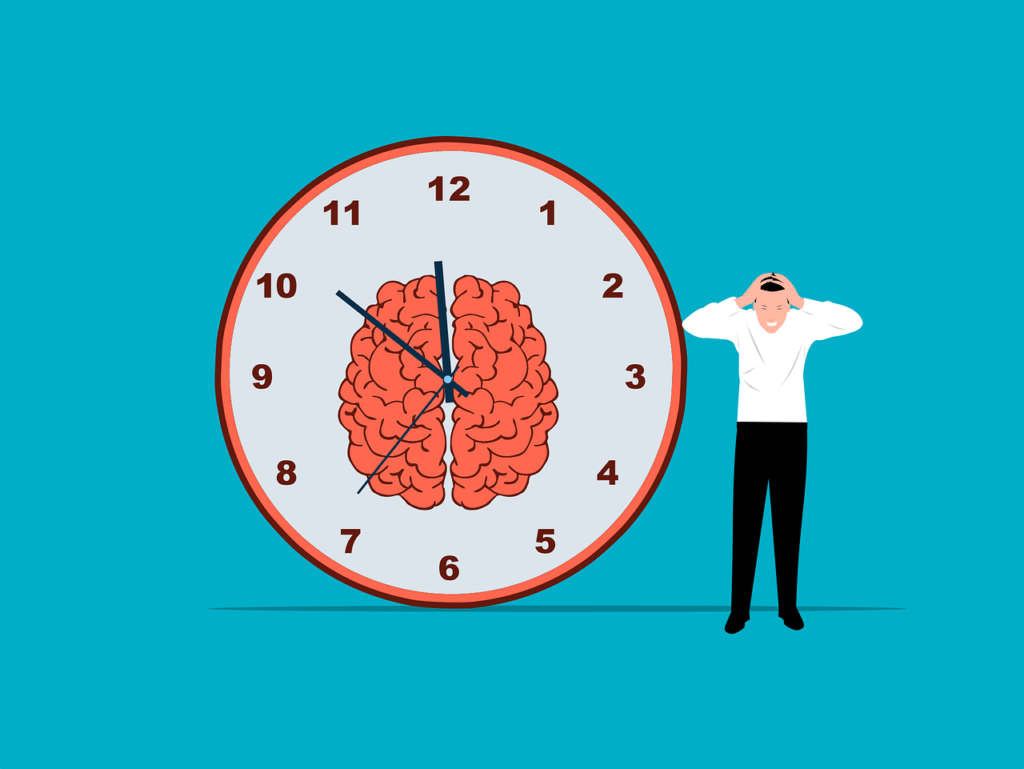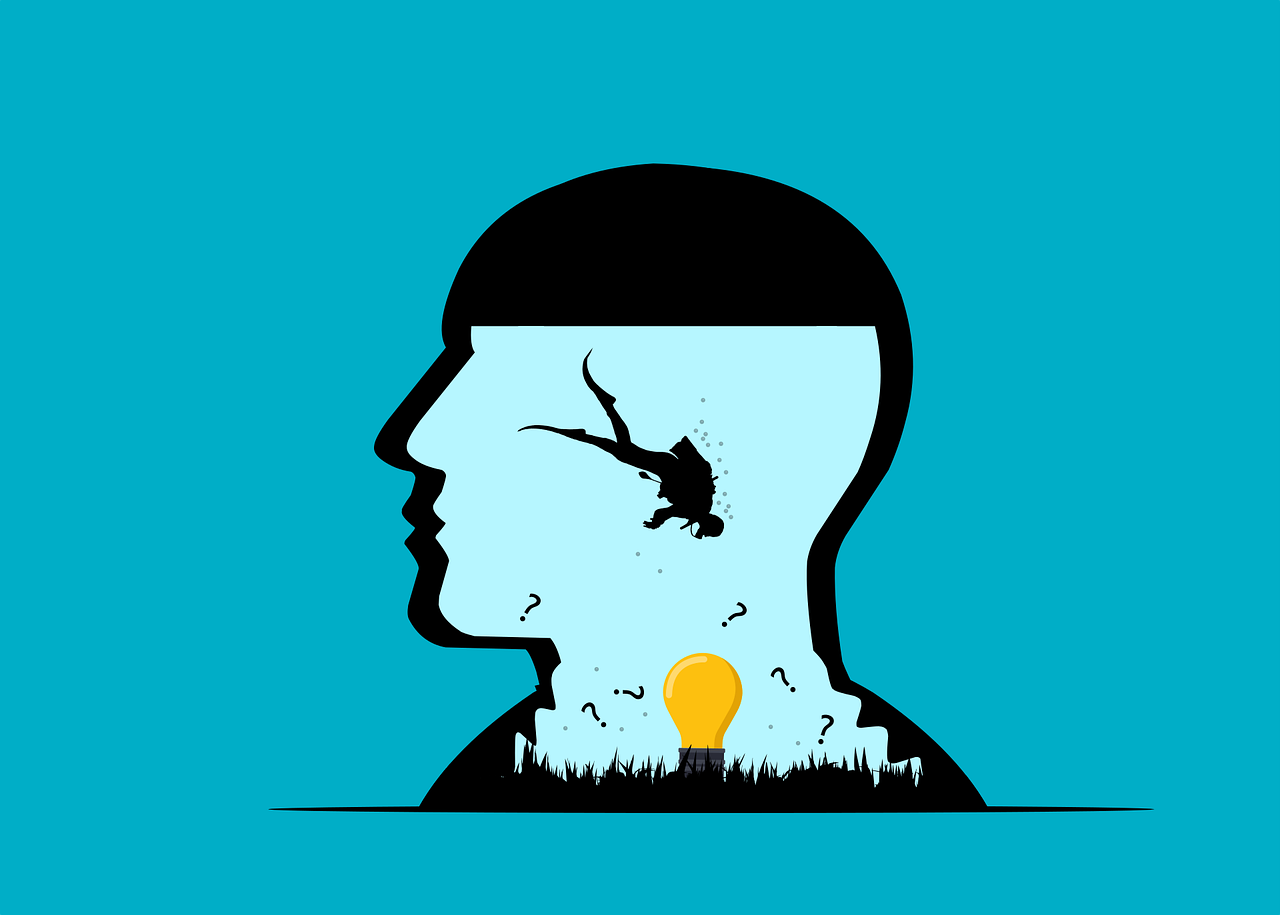Insomnia: Causes, Symptoms and Treatment:
Insomnia is a common sleep disorder that affects millions of people worldwide. It is characterized by difficulty falling asleep, staying asleep or experience in non-restorative sleep. It can have a significant impact on a person’s wellbeing, leading to daytime fatigue, irritability and impact cognitive function. Firstly, it is important to understand what insomnia is and the common symptoms associated with it. Moreover, Insomnia can be caused by various factors, including stress, anxiety, depression and certain medications. In this article, we will learn into various aspects including its causes, symptoms and available treatment options.

Types of Insomnia:
(1) Acute insomnia; – It is short term, that lasts for a few nights or a few weeks, usually triggered by stressful life events or changes.
(2) Chronic insomnia; – It is long term, that occurs at least 3 nights or a week for 3 months or longer. It may have various underlying causes and often requires medical interventions or treatment.
Causes of Insomnia:
(1) Psychological factors; –
Stress, anxiety, depression or mental health disorders. Acute or chronic stress is one of the leading causes of insomnia. Stressful life events such as job loss, financial instability or relationship problems can disrupt sleep patterns. People with anxiety may experience a racing mind, making it hard to initiate or maintain sleep. Sleep disturbances often worsen depressive symptoms, and vice versa.
(2) Medical conditions; –
Chronic pain, respiratory problems, gastrointestinal issues, hormonal imbalances such as thyroid issues and neurological conditions. Conditions like arthritis, Fibromyalgia and lower back pain can’t make finding a comfortable sleeping position. Difficult asthma, chronic, obstructive pulmonary disease and allergies can interfere with breathing during sleep, leading to frequent awakenings. Acidity, gastro esophageal reflux, this is often causing discomfort during the night, disturbing sleep.
(3) Lifestyle factors; –
Poor sleep habits, irregular sleep schedule, excessive consumption of caffeine or alcohol and exposure to electronic devices before bedtime. Irregular sleep schedules, excessive screen time before bed and frequent napping during the day can contribute to insomnia. Consumption of caffeine, nicotine or alcohol, especially close to bedtime, can interfere with the ability to fall or stay asleep. Rotating on night shifts disrupt the circadian rhythm, leading to sleep difficulties.
(4) Environmental factors; –
Noisy or uncomfortable sleeping environment, changing surroundings or sleep routine. Excessive noise or exposure to bright light at night can disrupt the body’s natural sleep-wake cycle. An environment that is too hot or cold can disturb sleep. Rapid travel across time zones can temporarily disrupt the circadian rhythm.
Treatment and Managements of Insomnia; –
(1) Sleep hygiene; –
Establishing a consistent sleep routine, maintaining a comfortable sleep environment and avoiding stimulating activities before bedtime. Follow sleep restriction therapy like reduced time spent in bed awake by limiting sleep hours, gradually increasing them as sleep efficiency improves
(2) Cognitive behavioral therapy (CBT); –
Therapy that helps identify and change negative thoughts and behaviors associated with sleep. Focuses on identifying and modifying negative thought patterns and behaviors that contribute to insomnia. Include techniques like cognitive restructuring, stimulus control and relaxation exercises. Proven to be as effective, if not more so, than medication for long term management.
(3) Medication; –
In some cases, doctors may prescribe short term use of medication to help regulate sleep patterns. Non- benzodiazepine hypnotics for example, Zolpidem are commonly prescribed for short term use. Benzodiazepine for example, Temazepam are effective, but carry a higher risk of dependency. Antihistamines are sometimes used but can cause daytime drowsiness and cognitive impairment. Melatonin hormone that regulates the sleep- wake cycle is often recommended for insomnia related to circadian rhythm disruptions.
(4) Addressing underlying issues; –
Treating any underlying medical or mental health conditions that contribute to insomnia. Therapy or counselling may be necessary for stress, depression or trauma related insomnia.
(5) Stress management techniques; –
Learning and practicing relaxation techniques such as deep breathing, meditation and yoga to manage stress and promote better sleep. Regular exercise, particularly aerobics activities, can improve sleep quality, but it should be done earlier in the day.
(6) Dietary Changes:
Avoiding heavy meals caffeine and alcohol close to bedtime is beneficial. Including foods rich in magnesium and tryptophan such as nuts, seeds and turkey may promote sleep.
Conclusion:
Lastly, it is necessary to consult a healthcare professional, if you are experiencing chronic Insomnia or if your sleep disturbance is significantly impacting your daily life. Consequently, they can evaluate your symptoms and recommend appropriate treatment options to help you improve your quality. Addressing insomnia not only improves sleep, but also enhances overall health and well-being, emphasizing the importance of early recognition and comprehensive care.



Leave a Comment